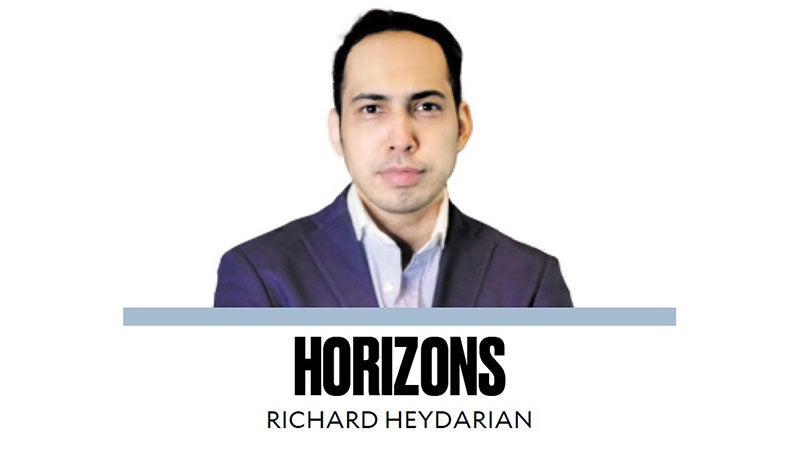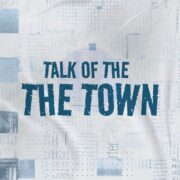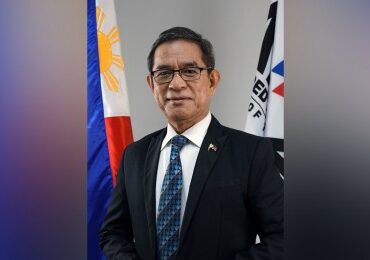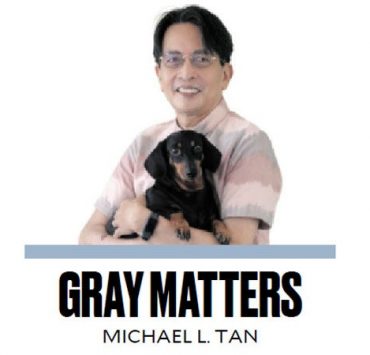‘Project 2028’: Revamping our opposition (1)

Arguably, the biggest takeaway from Philippine elections in the past decade is that our opposition didn’t have much of a takeaway from its successive defeats. In all mature democracies, besieged opposition forces are expected to engage in three fundamental actions: (1) learn to build coalitions beyond narrow cliques and electoral niches, (2) hold the line beyond and in between elections, and (3) produce a proper “postmortem” after any major electoral setback. On all three counts, our opposition’s performance has been just north of dismal.
For almost a decade, the liberal-progressive opposition in the country has suffered one major electoral defeat after another. In 2016, Vice President Leonor “Leni” Robredo edged out her closest rival, Ferdinand Marcos Jr., by a whisker—just to lose to the same person six years later by a landslide. In 2019, the democratic opposition had its worst performance in almost a century. In 2022, the only successful national-level candidate was Risa Hontiveros, who largely adopted a distinctly social democratic path that diverged from all liberal-centrist peers in the democratic opposition. Her success was sui generis.
I’m writing this piece just days before the ballots are cast for the 2025 elections, so this is more of a “premortem.” But all pre-election surveys—including the privately commissioned ones forwarded to me by different campaign groups—portrayed a similarly disastrous situation: not a single liberal-progressive candidate was safely within the “Magic 12” circle. The two best performers, namely former senators Paolo “Bam” Aquino IV and Francis “Kiko” Pangilinan, were effectively competing for the last slot against each other and at least eight other candidates from either the pro-Marcos “Alyansa” camp or the pro-Duterte “PDP-Laban” camp. Just a few hundred thousand votes would separate the victors from the vanquished.
Theoretically, both Aquino and Pangilinan have a decent shot at winning seats in the next Senate despite their limited resources and the overall illiberal political climate in the country. Just to put our “illiberal” landscape into context, pro-Duterte and Marcos-aligned candidates are topping pre-election surveys among all socioeconomic classes. In fact, one authoritative survey has shown that reelectionist Sen. Christopher “Bong” Go (55 percent) and Ronald “Bato” dela Rosa (41 percent) enjoy the highest proportional support among the “ABC” demographic—our supposedly “most educated” socioeconomic class. Mind you, exit polls in 2016 and pre-election surveys in 2022, showed similar patterns in favor of Rodrigo Duterte and, to a lesser degree, Sara Duterte, respectively. The atrociously elitist “bobotante” myth simply masks our reactionary middle-class predilections.
Liberal-progressive candidates, therefore, aren’t only outspent by rivals but are also operating in a uniquely hostile political environment, which is less than receptive to liberal democratic ideals. Recognizing this stark reality, liberal-centrist candidates have largely shunned building coalitions with more progressive elements. Worse, they have been competing against each other, or, at the very least, tossed in between larger forces—each singing to his own tune and courting a different constellation of political patrons. One relied on “corny” vlogs, while the other has largely avoided touching any contentious issues, including the International Criminal Court arrest of Duterte and soon, the expected “forthwith” impeachment trial against the former president’s daughter.
I’m all for tactical election moves, but this seemed too underwhelming at the level of political conviction for any self-respecting liberal-progressive. But without the implicit and operational backing of the administration, namely the “command vote” factor, the path to even the last spot in the “Magic 12” would be an uphill battle come election day. Even tactically, I got my doubts about the wisdom of the largely “play-safe” and “play-cute” strategy, which has cost our opposition more than enough defeats—and disenchantment for their once-passionate supporters.
Meanwhile, former president Rodrigo Duterte’s consiglieri and chief executioner are not only assured of seats in the next Senate but are also vying for the top positions in arguably the toughest legislative race of our generation. Their only real competition is yet another member of the Tulfo family, which may soon have not two but three members in the country’s highest chamber! With four largely disastrous elections for the liberal-progressive opposition, I believe it’s high time to produce a proper “postmortem.” Crucially, we must envision a new blueprint and nurture a new generation of leaders for the 2028 elections, which would likely turn out as far more competitive and open than all races in the past decade.


















